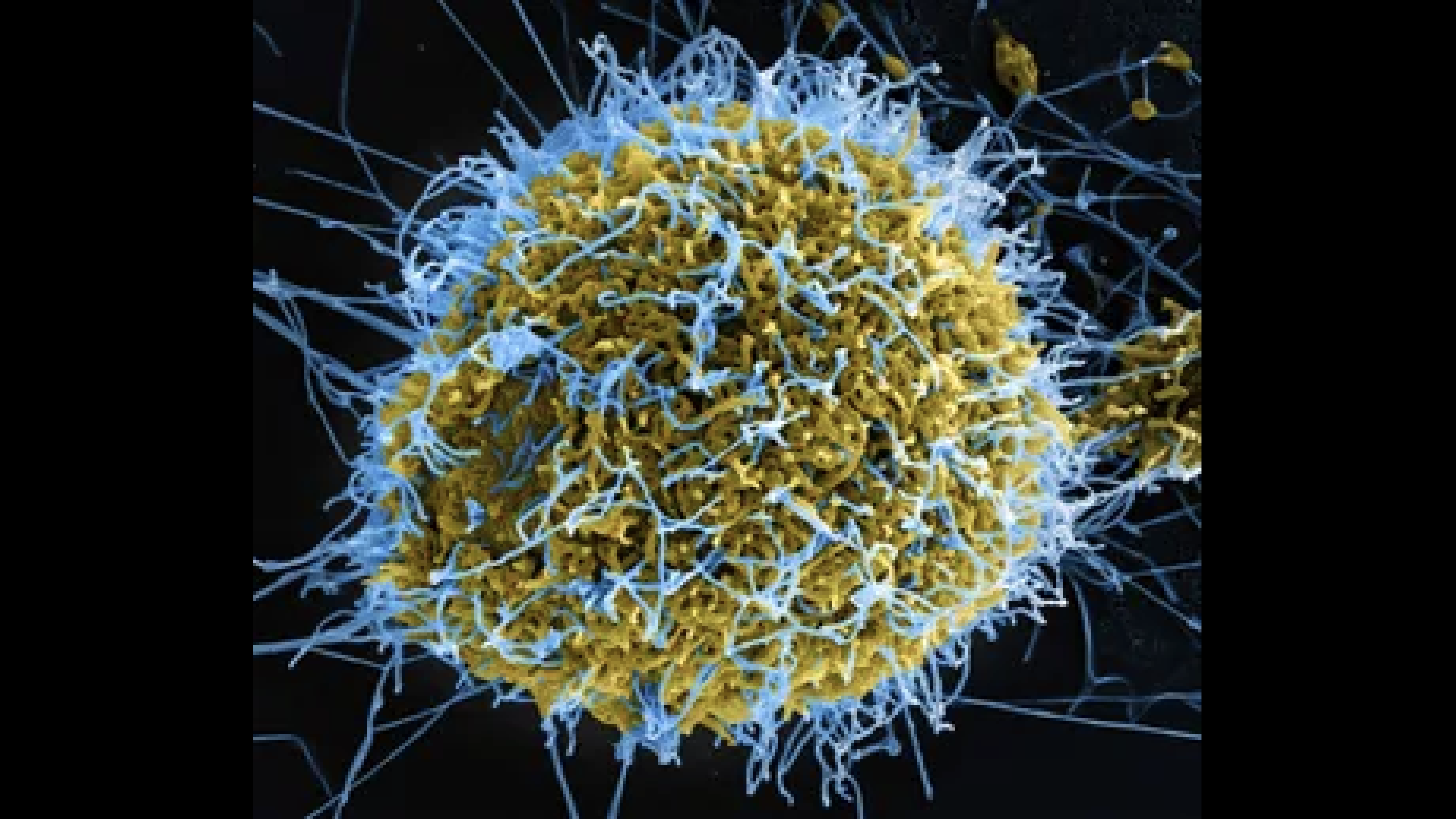
On January 31, 2025, the World Health Organization (WHO) declared the current Mpox outbreak a Public Health Emergency of International Concern (PHEIC). To date, some cases have been detected and registered in Uganda.
What is Ebola?
Ebola is a killer disease caused by a virus. Ebola virus is spread
by contact with bats and monkeys and also by contact with a
person infected by the Ebola virus. Ebola spreads quickly from
person to person, kills in a short time BUT can be prevented.
With early medical treatment the death rate can be significantly
reduced.
Main signs and symptoms
- High fever (brutal and prolonged)
- Abdominal pain
- Joint or body pain (especially the chest)
- Difficulty in swallowing
- Headache(s)
- Nausea, vomiting (can be bloody)
- Diarrhea (can be bloody)
- Dehydration (no tears, dry tongue, sunken eyes).
- Rash
- In some cases bleeding from the mouth, eyes, nose, ears and
anus. It is important to note that a person is contagious only
when they begin to have one or more signs of the disease.
How is Ebola transmitted?
- Person-to-person contact: Close contact with skin lesions and body fluids.
- Inhaling contaminated particles or viruses.
Contaminated materials, e.g. needles, tattoos, bedding, linens, clothing, eating utensils, and sex toys, among others. - Ebola is transmitted to humans through close contact with an infected person or animal or with contaminated material.
- Ebola is transmitted to humans through close contact with an infected person or animal or with contaminated material.
How to protect yourself
- Avoid close (face-to-face, skin-to-skin, mouth-to-skin, and mouth-to-mouth) contact with people confirmed to have Ebola or those showing symptoms.
- Avoid touching or sharing personal items like bedding, eating utensils, clothes, phones, or other belongings of an infected person.
- Avoid contact with wild animals (alive or dead), especially bats, monkeys, and other primates.
- Do not eat bushmeat from wild animals such as bats, monkeys, and rodents.
- Health workers should use appropriate personal protective equipment (PPE) when caring for Ebola patients.
- Practice proper hand hygiene by washing hands regularly with soap and water or using alcohol-based hand sanitizers..
Treatment
- There is no specific medicine for Ebola. Go to the nearest health facility for treatment early if you think you have Ebola. Your chances of survival and recovery are much higher if you seek early treatment and care from qualified health workers. You will receive supportive care and treatment of specific symptoms to improve survival.
Who is at risk of Ebola
- Family members and close contacts of Ebola patients, including household members and sexual partners.
- Health workers treating Ebola patients without proper personal protective equipment.
- People handling or consuming infected animals, such as bats and monkeys.
- People working in laboratories or burial teams handling Ebola-infected bodies.
- People living in or traveling to areas with ongoing Ebola outbreaks.
- Pregnant women, children, and individuals with weakened immune systems are at higher risk of severe illness.
- Even though some people may be more at risk than others, it is important to remember that anyone, anywhere, can get Ebola.
For the latest information and resources on vaccines, please visit the LSHTM Vaccine Centre.
